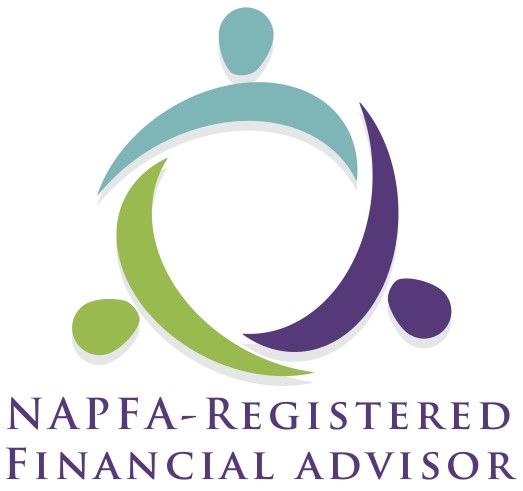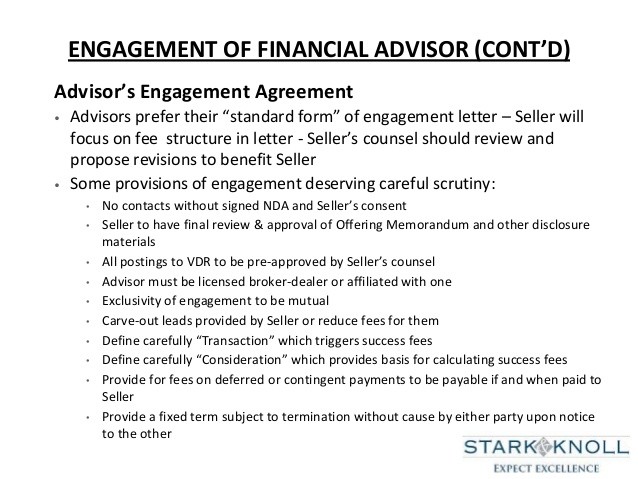Financial Advisors and Fee Structures
Post on: 9 Июль, 2015 No Comment

All About Certified Financial Planners
Fee Only or Commission Based Financial Planning
There are numerous ways financial advisors charge for their retirement planning services. The two most well known categories are: fee only financial planning and commission based financial planning. A few planners will charge by a retainer or other options.
The fee only financial planner may charge hourly fees a flat fee or fees based on the amount of your assets under management. The commission based financial advisor generates commissions on products you purchase as a result of their recommendations (they earn commissions when you purchase financial products).
All of these payment methods are used by legitimate and reputable retirement financial planners. Each payment method has advantages and disadvantages. What is important is that you clearly understand your financial planner’s compensation structure and the pros and cons inherent in that method.
Below are several of the most common methods of compensation:
Fee Only Financial Planner
A fee only financial planner is compensated entirely by fees. The fees may be determined by a variety of arrangements:
- Flat Fee: One charge for the project or predetermined services. Rates vary tremendously a retirement plan might cost $1000.
- Hourly: You might expect a Certified Financial Planner to charge a median fee of about $100 per hour.
- Fees Determined as a Percentage of Your Assets: Sometimes financial planners determine how much you pay based on how many assets you have assuming that the more assets the more complicated and vice versa.

Many people prefer a fee based financial advisor, since there is little opportunity for a conflict of interest. The advisor is not earning a commission from the products they sell you so you can be sure that they are recommending the products and services that best meet your goals and risk tolerence.
From this point of view, a fee based on a percentage of assets may be the best for you during early retirement planning the more the retirement financial planners can help you grow your assets, the more they are paid. Your financial advisor would also have an incentive to ensure asset protection once you enter retirement.
Commission Only Financial Advisor
Commission-based advisors earn their money by selling stocks, bonds, mutual funds, life insurance, annuities and other investments. Most retirement financial planners working under this model are ethical and will try to keep your best interests in mind but they may be prejudiced by higher commissions on one product or another and lean toward selling you products that may not be in your best interest.
In a commission only setting, the risk of being subject to unethical financial advisors fraud could be higher. Nonetheless, the good news is that there is no charge for the financial planner’s advice or guidance.
Fee Based Financial Planner Charges Fees as well as Earns Commission
Retirement financial planners may charge you a fee for retirement advice and retirement planning as well as earn commissions for selling you products that are part of the plan. Sometimes the financial planner will reduce the amount you pay essentially reimbursing you with their commissions.
Whichever type of fee structure your financial advisor uses, you should be sure to understand all of their incentives. It is important to ask your financial advisor if they might have any conflicts of interest and find out if they earn bonuses or other awards in return for recommendations.














